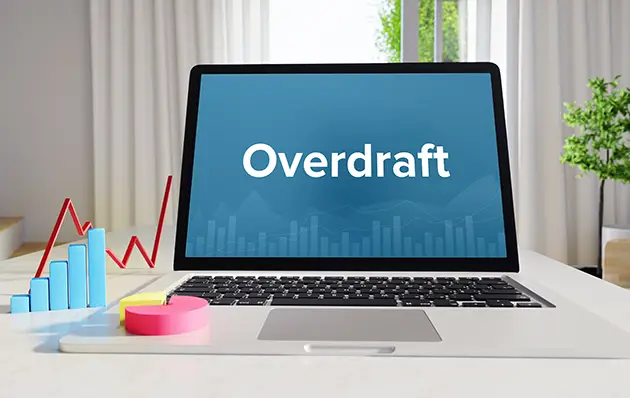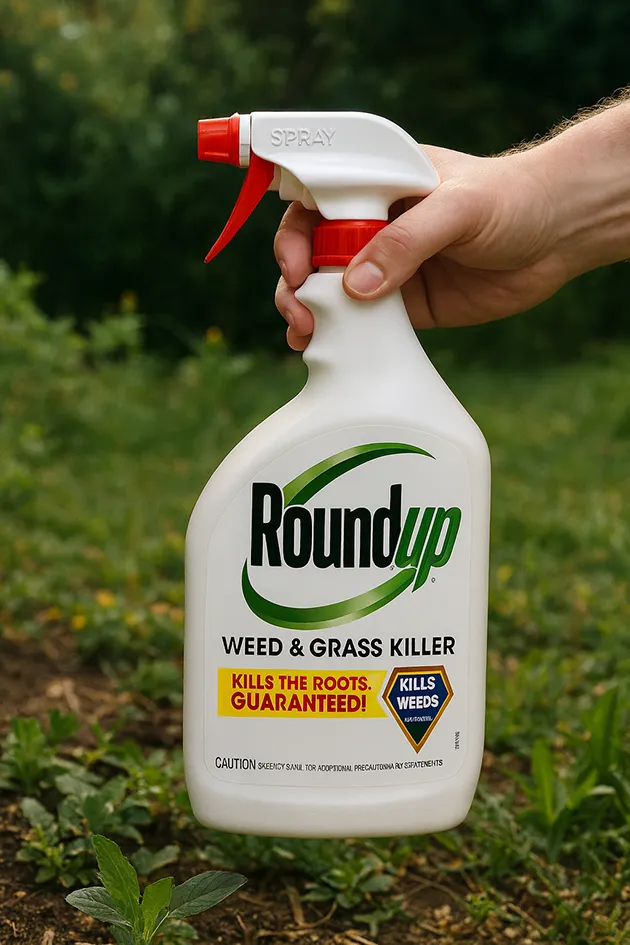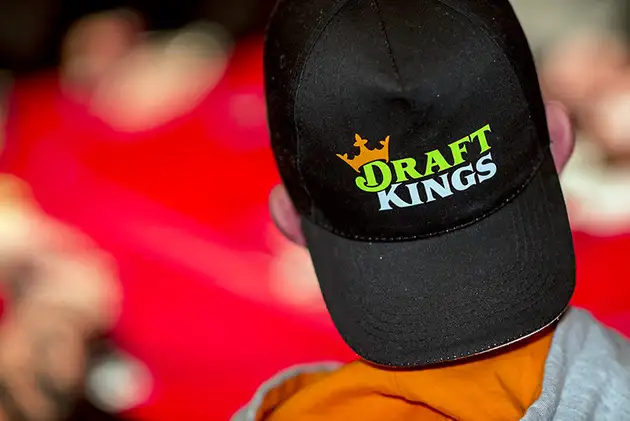$1.5M Popular Bank Overdraft Fees Class Action Settlement

Unsplash | Published: September 24, 2024
Payout: Varies
Proof required: Yes
What's the $1.5M Popular Bank Overdraft Fees Class Action ?
Popular bank has settled a $1,500,000 class action settlement over allegations that they made unfair overdraft charges to some of their customers. If you have or had a consumer checking account with Popular Bank and you were charged an overdraft fee on certain debit card or ATM transactions starting from the date of May 13, 2016, you may be eligible for a cash payment from the Popular Bank overdraft fee class action settlement.The overdraft fee class action alleged a breach of contract when Popular Bank charged consumers overdraft fees on what are sometimes called "Authorize Positive, Settle Negative Transactions" (also known as "APSN Transactions").
Total Settlement Amount: $1,500,000
Eligibility
• You must be an accountholder of a Popular Bank consumer checking account from May 13, 2016, to July 26, 2024
• Have been assessed and not refunded an overdraft fee on:
1. An ATM/Debit transaction before April 15, 2020, or
2. An ATM/Debit transaction authorized against positive funds on or after April 16, 2020
Dates to Watch
• Final Class Action Hearing: January 7, 2025, at 9:30 am
• Deadline for exclusion or objection: December 9, 2024
Payment
• No claim filing required
• Current account holders: Automatic credit to account
• Past account holders: Check mailed to last known address
Eligibility
• You must be an accountholder of a Popular Bank consumer checking account from May 13, 2016, to July 26, 2024
• Have been assessed and not refunded an overdraft fee on:
1. An ATM/Debit transaction before April 15, 2020, or
2. An ATM/Debit transaction authorized against positive funds on or after April 16, 2020
Dates to Watch
• Final Class Action Hearing: January 7, 2025, at 9:30 am
• Deadline for exclusion or objection: December 9, 2024
Payment
• No claim filing required
• Current account holders: Automatic credit to account
• Past account holders: Check mailed to last known address
What Are "APSN" Overdraft Fees?
These APSN Transactions occur when a bank charges an overdraft fee on a transaction that overdraws the account when it clears, although the transaction was previously authorized against an account that had enough money in it.Popular Bank acknowledges that it assessed overdraft fees on these types of transactions in some instances. However, Popular Bank maintains that the account agreement permitted it to do so and denies any liability. By agreeing to the $1.5 million class action, Popular Bank has not admitted any wrongdoing. The court and judges in the settlement have not ruled as to who is right in this case.
What is the Total Settlement Amount?
The total settlement fund in the Lipsett v. Popular Bank class action lawsuit is $1,500,000.How Do I Qualify For a Payout?
You may qualify if you were charged, and not refunded, an overdraft fee in connection with either:• A debit card or other ATM transaction on your account on or before April 15, 2020 (regardless of whether the authorization was against positive funds), or
• A debit card or other ATM transaction that was authorized against positive funds on or after April 16, 2020
How Do I Find Class Action Settlements?
Find all the latest class actions you can qualify for by getting notified of new lawsuits as soon as they are open to claims:How Much Can I Get Paid?
Payments should be distributed on a pro rata basis and calculated based on the total dollar amount of overdraft fees covered by the class action settlement, as long as you were not already refunded the relevant overdraft fees.How Do I File a Claim?
No action is required to file a claim. If the Settlement is approved, a cash payment will be made automatically to you if you have already been identified as a Popular Bank class action member.Claim Form Website: Popular Bank Class Action Site
Submit Claim
Filing Class Action Settlement Claims
Please note that your claim form will be rejected if you submit a settlement claim for payout with any fraudulent information. By providing this information and your sworn statement of its veracity, you agree to do so under the penalty of perjury. You would also be harming others that actually qualify for the class action settlement. If you are not sure whether or not you qualify for this class action settlement, visit the class action administrator's website below. OpenClassActions.com is only providing information and is not a class action administrator or a law firm. OpenClassActions is a participant in the Amazon affiliate advertising program and this post may contain affiliate links, which means we may earn a commission or fees if you make a purchase via those links.
For more class actions keep scrolling below.

Bayer RoundUp Bug Spray Lawsuits
Status: Open to Claims
Submit Claim
Video Game Addiction Lawsuit
Deadline: Pending
Submit Claim
DraftKings & FanDuel Addiction Lawsuits
Status: Open
Submit Claim
Amazon Prime - 30 Days Free
Status: Active
Sign Up
Children playing Roblox and using Discord?
Pre-Qualify Here
Submit Claim
$4.17M RevitaLash Conditioner Settlement
Deadline: April 20, 2026
Submit Claim
Belkin Power Bank Settlement
Deadline: March 30, 2026
Submit Claim